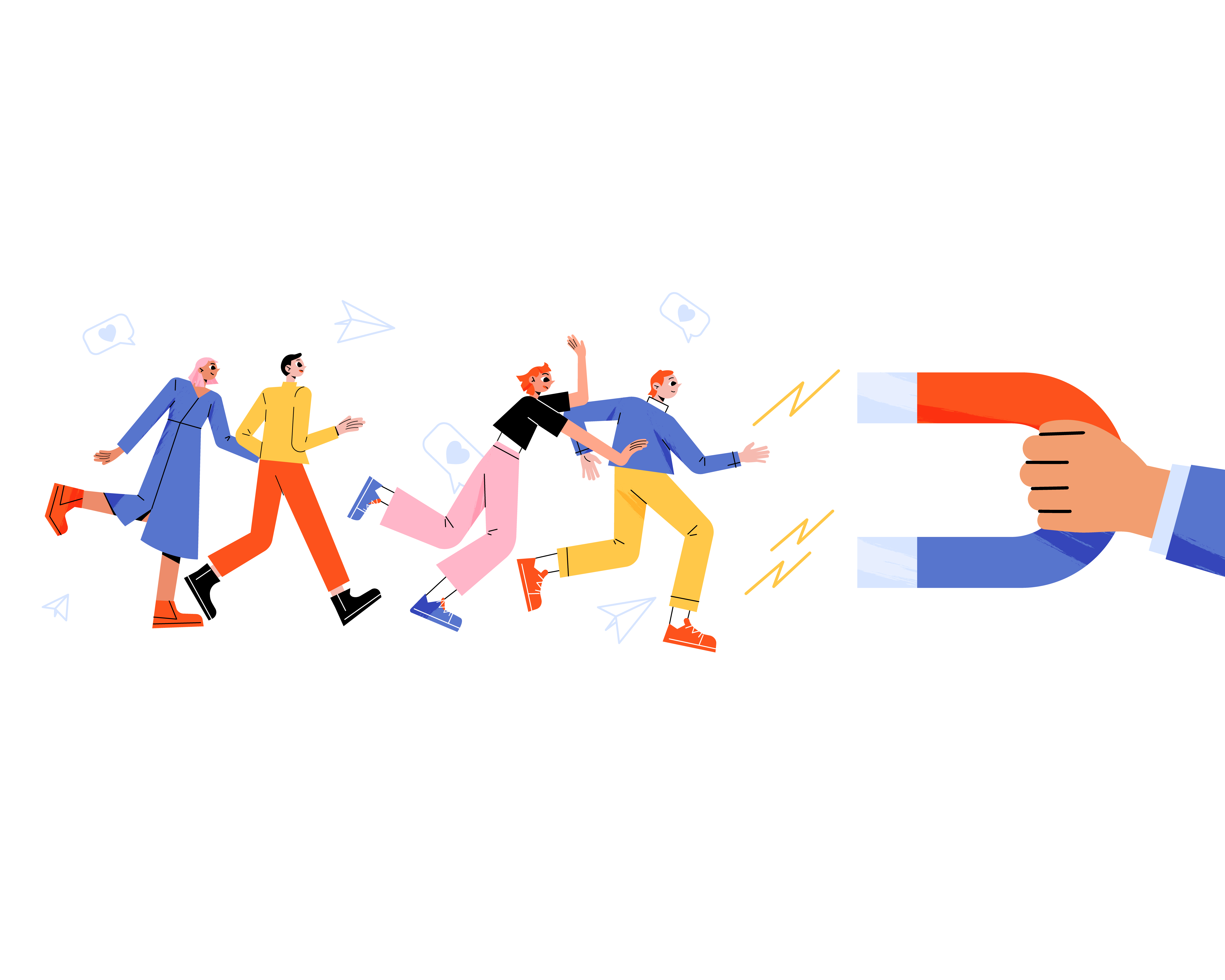Can personality tests help you choose the best job applicant?
Maria, a hiring manager, is struggling to decide between two equally qualified candidates. Both have impressive resumes and aced their interviews. In a personality assessment, Jim scored lower than Samantha on “extraversion” and “openness,” two qualities that seem important for the open leadership position. Based on these results, Maria is leaning toward Samantha, but she wonders: Are personality tests good predictors of job performance?
Many companies seem to think so. According to a survey from the Society of Human Resource Management, 32% of HR professionals use personality tests to assess candidates for executive roles, and 28% use them for middle-management positions. What’s more, the market for workplace personality assessments is more than $2 billion per year.
It makes sense that personality, molded by an enigmatic mix of genes and life experiences, affects how we function in the workplace — our relationships with co-workers, work ethic, integrity, and overall performance. However, evidence is conflicting as to whether personality tests can actually predict job success. Some hiring managers and researchers strongly support their use for staffing decisions, while others claim their predictive power is little better than astrology.
The rise of the personality test
The first modern personality test was developed by the U.S. Army during World War I to identify soldiers prone to panicking on the battlefield. The Woodworth Personal Data Sheet aimed to screen out individuals likely to experience shellshock with questions like, “Do you often have the feeling of suffocating?” and “Did you ever think you had lost your manhood?”
Other tests followed, but the most famous assessment — still widely used today — was introduced in 1943. Chances are you’ve taken a version of the Myers-Briggs Type Indicator (MBTI), which categorizes personalities into 16 four-letter categories, such as “ISTJ” (introversion-sensing-thinking-judging) or “ENFP” (extraversion-intuition-feeling-perceiving). Based on the theories of Swiss psychiatrist Carl Jung, the MBTI was developed by Katharine Briggs, and her daughter, Isabel Myers, neither of whom had formal training in psychology. Despite being the subject of much criticism, the test has enduring popularity, with 89% of Fortune 100 companies using it today for pre- and post-hire purposes.
This isn’t to say that the concept of personality is scientifically unsound. Many psychologists now agree that human personality can be reduced to the “big five” fundamental traits of openness, conscientiousness, extraversion, agreeableness, and neuroticism. Research has shown that these traits are remarkably universal, capable of describing personalities in people from more than 50 cultures. As a result, many modern personality tests assess these traits along a continuum — for example, from extreme extraversion to extreme introversion and everything in between.
Most of the more than 2,000 types of personality tests available lack rigorous scientific validation. But even assuming a particular test is capable of giving accurate results, here are four reasons you should think twice about using a personality assessment for hiring purposes:
No. 1: Know thyself?
Let’s face it, most of us lack self-insight. Many experts agree that a major problem with personality tests is that they’re self-reported. In other words, they measure how we see ourselves, not necessarily how others would characterize our behavior. Some respondents present an idealized or aspirational version of themselves. For example, they might strongly agree with the statement, “I am a leader,” despite never having been one because they feel they’ve never been given the opportunity.
In addition, personality tests fail to take into account situational behaviors, erroneously assuming that personality tendencies transfer from one environment to another. Just because someone says they’re generally agreeable doesn’t mean they’ll be so during a tense confrontation with a client, a negative performance review, or a stressful personal situation.
No. 2: Fake it till you make it?
When an applicant takes a personality test as a condition for employment, there’s a strong incentive to lie about their true personality. Of the big five traits, only neuroticism — sadness, moodiness, and emotional instability — is seen as generally unfavorable, whereas the others are typically viewed as socially desirable qualities. Because the “correct” or most positive answer is likely to be apparent, the only thing preventing candidates from exaggerating — or outright lying — is their own honesty.
Experts agree that faking occurs, but they disagree about the extent and impact of the problem. Most studies indicate that 30%-50% of job applicants are untruthful in personality tests, but a study that took place during the 2008-2009 U.S. financial recession — which could have provided a strong incentive to lie — reported a rate as high as 82%.
No. 3: They don’t predict job performance
In general, the ability of personality tests to predict job performance is low. In a meta-analysis of the big five traits, the best predictor was conscientiousness, which had a correlation with job performance across a variety of occupations of 0.20 to 0.23. In other words, conscientiousness accounted for 20% of the variance between high and low performers, whereas 80% of the variance came from unknown factors. Across occupations, other personality traits were even worse predictors of performance.
One possible explanation is we simply don’t know which combination of personality traits is ideal for a particular job. Another reason could be the theory of cognitive buffering, which posits that a higher cognitive ability acts as a buffer against natural behavioral tendencies. In other words, smart people can override aspects of their personalities using their brains — that’s why some introverts can give stellar presentations, and some neurotic people are inspirational leaders.
No. 4: They may limit diversity and growth mindset
Some have argued that personality tests are less likely to discriminate against minority groups than traditional hiring criteria. Yet, certain traits vary in prevalence among sociodemographic groups, possibly placing them at a disadvantage. What’s more certain: Using personality test results as a way to gauge the fit of applicants to “company culture” can decrease cognitive diversity. Research has consistently shown diverse teams outperform homogeneous ones, and diversity of personality is no exception.
Moreover, personality tests run counter to the idea of growth mindset — the belief that skills are not fixed at birth but can be improved over time. If you’re relying too heavily on personality tests for hiring decisions, you might be weeding out candidates who aren’t inherently good at something but have the potential to be top performers.
Of course, some personality tests are better than others and can be useful in certain contexts. For example, NLI’s SCARF assessment helps employees recognize the most significant social threats and rewards for themselves and others, improving team communication and collaboration. But for the reasons above, personality tests should be used with caution in hiring decisions and only as a small piece of the puzzle of a candidate’s overall suitability for a position.
At the end of the day, Maria decides to think twice about the personality test results and instead contacts the candidates’ references to learn more about their actual workplace behaviors. She uses the personality assessments as starting points for conversations exploring their strengths, weaknesses, and growth mindsets. She also asks the applicants to submit a work sample test outlining their ideas for a future project. With these pieces in place, Maria is confident she’ll make the right decision.






.avif)

